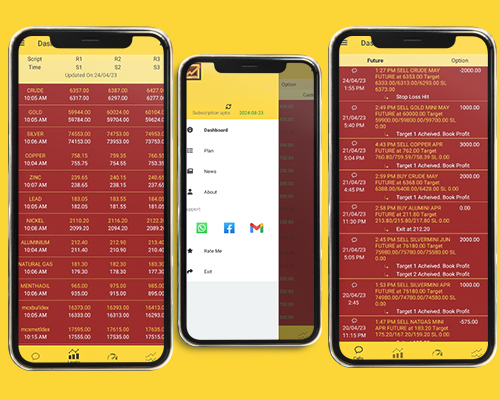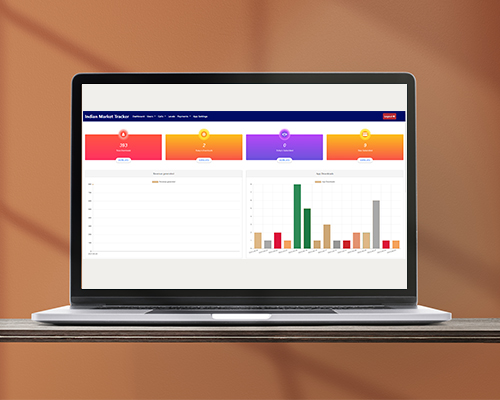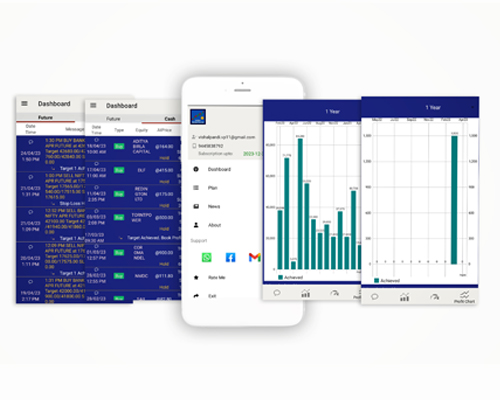Content
Blockchain’s tightened security encryption protocols severely minimize the risk of a financial data breach. A traditional stock market has numerous players, including investors, brokers, regulatory agencies and the centralized institution processing the investments. An investment can take up to three days to process because of communication between intermediaries, causing lag and uncertainty in the https://www.xcritical.com/ process.
Traditional payments vs blockchain payments
Smart contracts are self-executing protocols that automate transaction verification. In addition to reducing human error, their function is to facilitate decentralization and create a trustless environment by replacing third-party intermediaries. Blockchain originally started out as a way to safeguard digital Mining pool records with tamper-proof technology.
The Quality Assurance Process: The Roles And Responsibilities
This integration simplifies the power bank rental process by enabling users to pre-authorise a blockchain payments deposit using AEON’s protocol within the TON ecosystem. In the end, the success of stablecoin on-ramps likely hinges on striking a balance between innovation and trust, between efficiency and compliance. For the payments industry, it could prove to be a sign of the future arriving faster than anyone might have anticipated.
Top Blockchain Payments Platforms in the USA
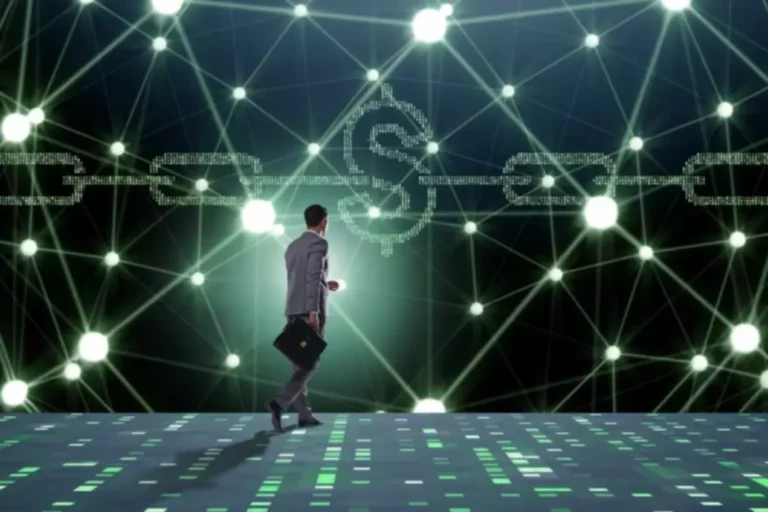
We aim at providing impeccable services to our clients and establishing a reliable relationship. Before implementation, identify the specific goals and requirements of your payment system. Determine factors such as transaction volume, speed, security needs, and regulatory compliance. It can be secured with traditional measures, such as by storing it in a safety deposit box or a bank vault.
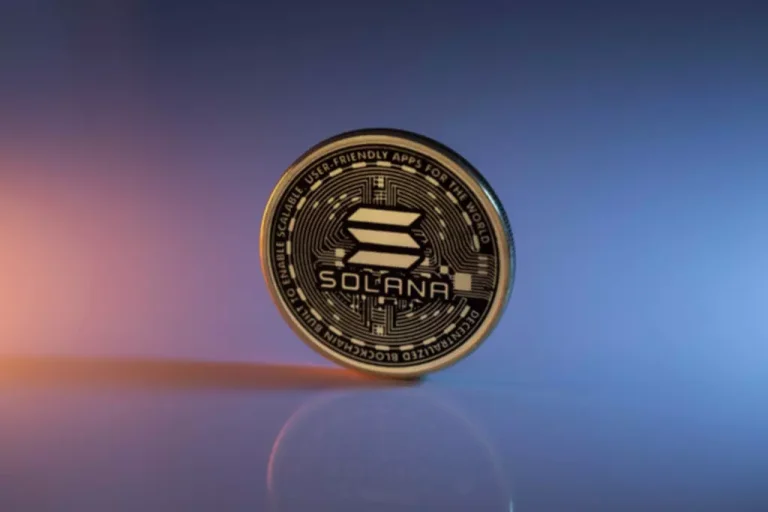
They are a bridge between the currencies and the Stellar network, as all money transactions occur in credit issued by Anchors in the Stellar Network (except XLM). For example, Ripple (XRP) acts as a cryptocurrency intermediary to facilitate seamless cross-border transactions. If a person from India wishes to pay money to a friend in the USA, the money in Rupees would be transferred as XRP, and the person in the USA would receive it as USD. Hence, while making payments, you don’t have to worry about saving any records as they get saved in the blockchain and are kept safe while ensuring the integrity of the data.
Blockchain-based cryptocurrencies can be transferred — and recorded for auditing purposes — instantaneously across the world, increasing liquidity and operation speed in the markets. SpacePay is set to revolutionize transaction processing in the digital era with its state-of-the-art blockchain-based payment gateway. Designed to enable faster, more cost-effective, and transparent financial transactions, SpacePay stands out as a pivotal innovation in digital payments. Its scalable system can handle a wide range of transaction volumes, from minor personal payments to major business settlements, efficiently eliminating the excessive fees typically charged by traditional financial institutions. The presale of SpacePay has garnered attention from a broad spectrum of investors who are excited by its potential to simplify and enhance financial operations across diverse industries, including retail and B2B sectors. These benefits highlight the potential of blockchain technology to transform payment systems and create more efficient, secure, and inclusive financial ecosystems.
We also discussed various use cases, including remittances, peer-to-peer payments, smart contracts, cross-border transactions, supply chain financing, and micropayments. Blockchain is an immutable digital ledger that enables secure transactions across a peer-to-peer network. It records, stores and verifies data using decentralized techniques to eliminate the need for third parties, like banks or governments.
This incentivizes user participation in a blockchain-based rewards system, potentially paving the way for wider adoption of crypto wallets and blockchain payments. Different blockchains, like islands with their own languages, struggle to communicate. This lack of interoperability creates hurdles for businesses trying to integrate with various blockchain systems, driving up costs. Imagine if every email provider used a different language – information exchange would be impossible.
With non-custodial wallets, the user has the private key, and therefore ownership of the coins. Similarly, someone with the private key can access the wallet application and transfer out everything in it. Miners are network participants (powerful computers) that dedicate computing power (known as ‘hash power’) to verifying new blocks.
In the finance world, blockchain began making its mark with the rise of cryptocurrency, but it has since branched out to create a numerous global payment systems with the same technology — known as blockchain payments. With blockchain payment systems, the verified credentials of a person can be securely saved in the blockchain, and as blockchain is immutable, the authenticity of the data is also ensured. It will speed up the digital identity verification as the users won’t have to put in their verification credentials to make payments repeatedly. It will also give users the authority to choose with whom they wish to share their verification credentials. Now that you understand the working of blockchain payment systems let us look at how one can address the challenges of blockchain in payments. While the transformative potential of blockchain payment systems is evident, they also pose challenges relating to scalability, energy consumption, regulatory uncertainties, and user adoption.
With BitPay’s platform, users can store and swap cryptocurrency for personal or business transactions. The service also offers global payment support, an in-app crypto wallet and personal website integration capabilities. One of BitPay’s staple products, a prepaid crypto debit card, even allows the conversion of cryptocurrency into cash to spend on purchases with cashback. PayPal, an online platform for global transactions, supports the transfer of Bitcoin, Bitcoin Cash, Ethereum and Litecoin.
- This is why novel approaches — such as layer 2 scaling solutions, sharding and alternative consensus algorithms — are being developed.
- Enacted in 2000 at the height of the e-commerce boom, the E-SIGN Act validates electronic signatures and records in interstate and foreign commerce, making electronically entered contracts legally binding.
- The festival provided an ideal backdrop for all three partners to showcase their innovative blockchain payment solution, highlighting the growing importance of seamless digital economic connections in Southeast Asia.
- Smart contracts are self-executing contracts with the terms of the agreement directly written into code.
- Combining public information with a system of checks-and-balances helps the blockchain maintain integrity and creates trust among users.
- We provide a reliable and secure blockchain payment solution for instant crypto payments in your Metaverse projects.
- Block aims to facilitate economic empowerment for consumers and businesses around the world through its family of fintech brands.
Each platform has its own characteristics, so research and choose the one that best suits your requirements in terms of technology, consensus mechanism, ecosystem, and community support. These nodes verify the transaction using a consensus algorithm, such as Proof of Work (PoW) or Proof of Stake (PoS). Once the transaction is verified, it is bundled into a new block and added to the blockchain. This section provides a brief introduction to four different models that have developed by demand. Governments and regulators are still working to make sense of blockchain — more specifically, how certain laws should be updated to properly address decentralization.
Additionally, blockchains operate on a distributed system, where data is stored across multiple nodes rather than one central location — reducing the risk of a single point of failure. Blockchain technology is a decentralized, distributed ledger that stores the record of ownership of digital assets. Any data stored on blockchain is unable to be modified, making the technology a legitimate disruptor for industries like payments, cybersecurity and healthcare. In short, blockchain is a public ledger capable of recording the origin, movement and transfer of anything of value. Instead of relying on a central authority, like banks, blockchain requires unanimous approval from the individual nodes in the blockchain to process a payment or transfer a good.
More companies are turning to blockchain-based ICOs because they offer a faster, safer and more accurate way of collecting capital. Blockchain has also introduced another breakthrough investment idea in the form of Initial Coin Offerings. Instead of the traditional method of raising capital in an Initial Public Offering on the stock market, ICOs offer digital tokens that represent ownership stakes in a company. Here are a few examples of companies using blockchain to shake up the payments industry. The word “disruptive” is used all too frequently nowadays, especially in the technology space, but blockchain truly has the ability to shake the multi-trillion dollar financial industry to its core. Concerned about future-proofing your business, or want to get ahead of the competition?



